What's in a name: Is 'Isis' too toxic for businesses to use?
- Published
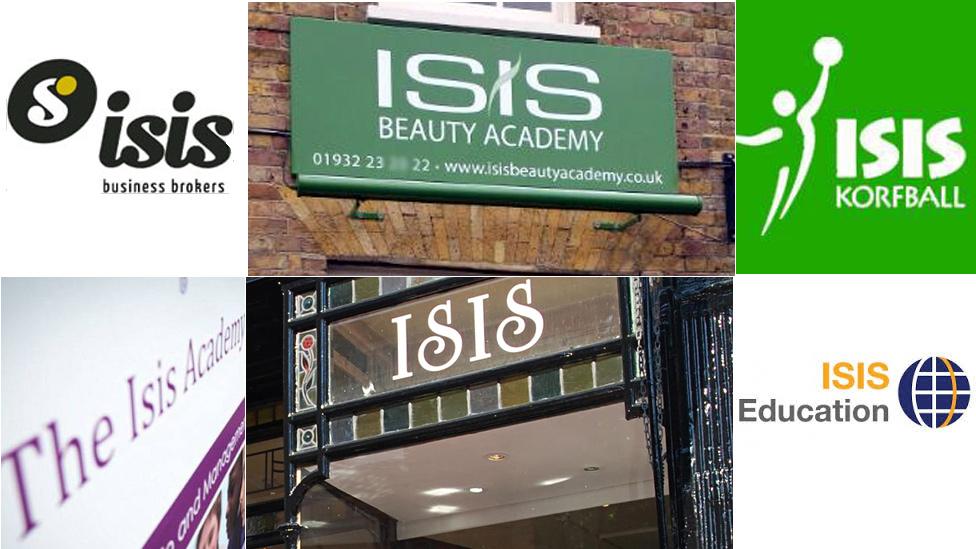
Originally the name of an ancient Egyptian goddess, in Oxford "Isis" is merely the name for the River Thames within the city's boundaries. And the name's been very popular in marketing, with businesses and organisations wanting to subtly vaunt their Oxford links.
But since the growth of the militant group known by some as Isis - an acronym for Islamic State of Iraq and Syria - has the word become too toxic for everyday use?
After all, there appears to be no way back for the swastika - originally a symbol meaning "good fortune" or "well-being" until it was purloined by the Nazis.
So who's rebranding and who's sticking with the name?

Isis Business Brokers
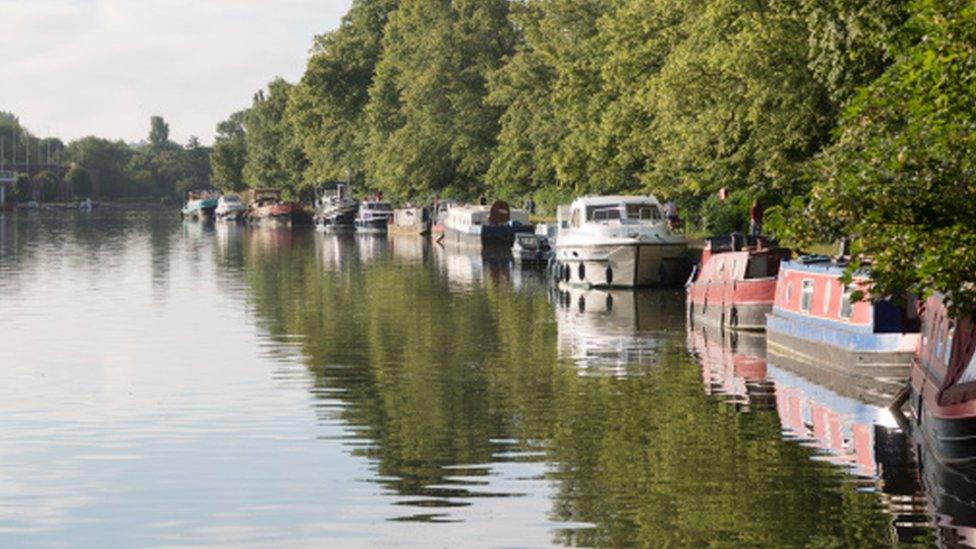
The Thames at Oxford is called the Isis
Dominic Marlow says his company, which sells businesses, is going to keep the name, although it triggered "an ongoing conversation that comes up on a daily basis".
However, he believes the positives associated with the name outweigh the negatives.
"I had a payment held up from the US, probably due to the name, and I had to go through quite a lot of extra money-laundering checks just to get registered as a payee by the US bank concerned."
He says the majority of feedback about the issue is positive and has been praised for not changing the name.

Isis Education
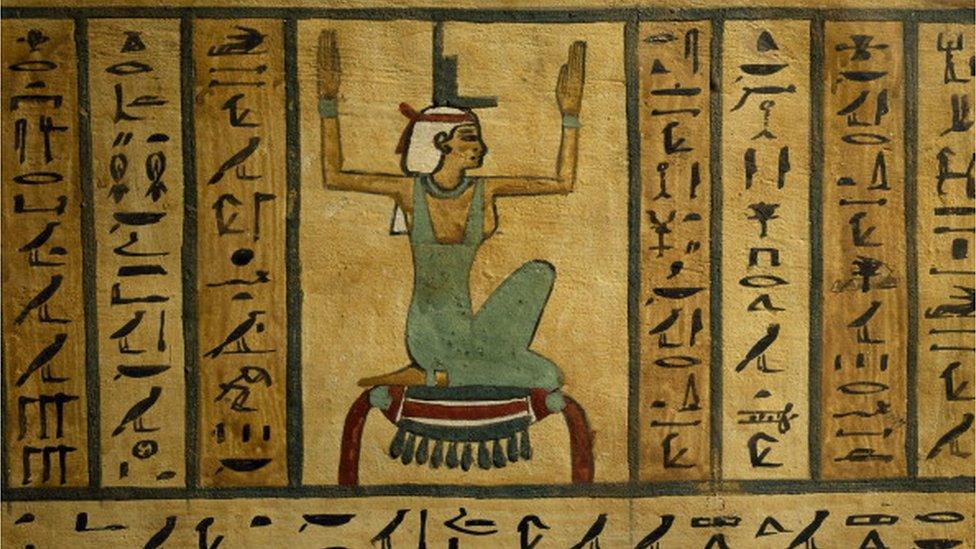
The name of the goddess Isis means "throne" - hence her headdress
Isis Education, an Oxford-based chain of language schools, was rebranded in 2015 as the Oxford International Education Group.
Because its students are usually non-English speakers from overseas, the group had concerns about international perceptions of the Isis name, as well as issues about internet search engines and the results that might follow from someone looking for Isis training centres.
There were also a few "negative comments" for staff wearing their branded Isis T-shirts.

Oxford Isis Korfball
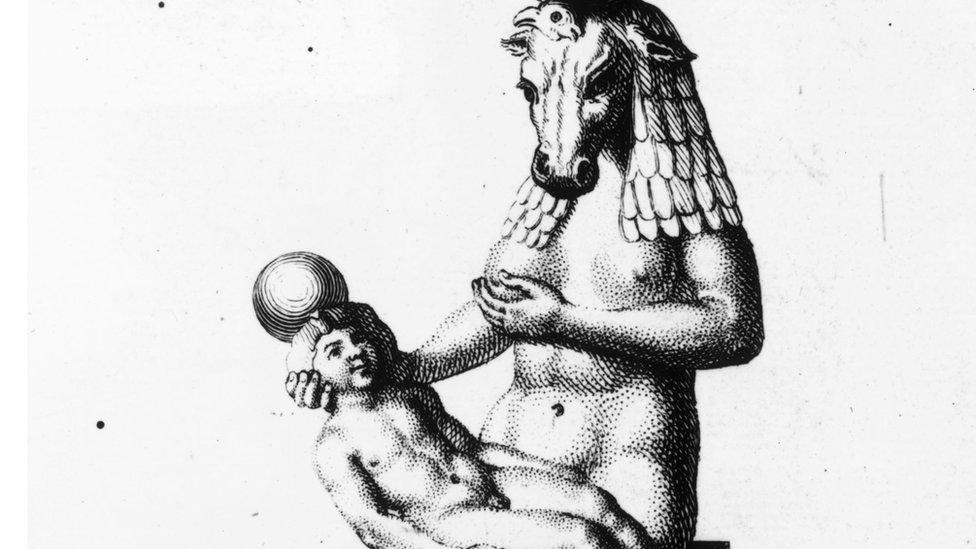
The goddess Isis, with a cow's head, is breastfeeding her son, Horus. Horus's father was Isis's brother, Osiris
Annaliese Taylor from the club says it plans to keep its name, despite a "healthy debate at our AGM last week" about the issue.
She says the club, which was established in 2007, "is proud of its local heritage" and "is determined to have a laugh about it and keep it light-hearted".
"As a relatively unknown sport, we'd had a couple of comments that people would be less likely to come along and try out Oxford Isis Korfball Club due to the name.
"On top of that, walking around in our Oxford Isis Korfball kit and playing at tournaments outside of Oxfordshire can raise a few eyebrows."
For those more puzzled about the "korfball" than the "Isis", it's a game with similarities to netball and basketball.

The Isis Academy
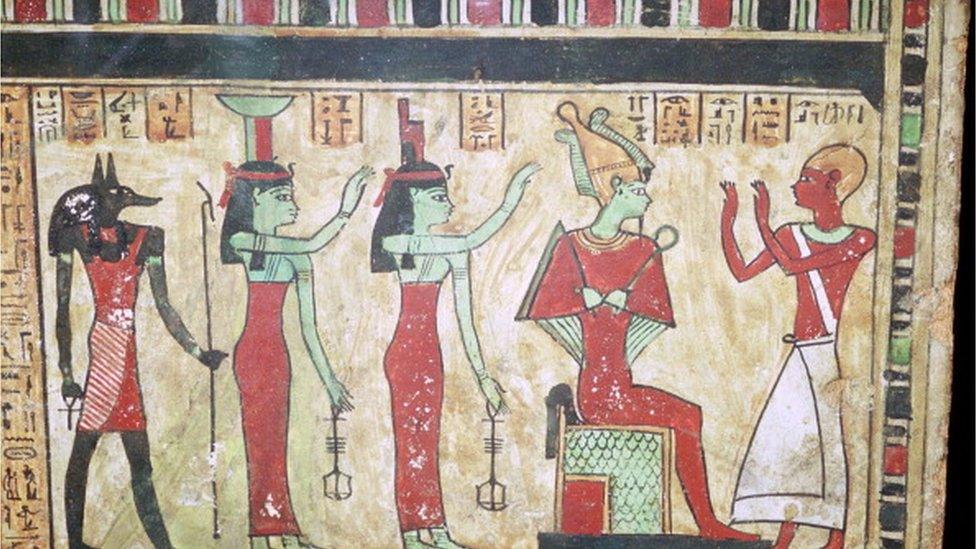
Isis was the daughter of the god of the earth and the goddess of the sky. She married her brother, Osiris
The Isis Academy in Oxford changed to the "Iffley Academy" to protect its "reputation, integrity and image".
A statement issued by the school said it had changed name following "the unforeseen rise of Isis (also known as Isil and the Islamic State) and related global media coverage of the activities of the group".

Isis Boutique

View from above of the River Isis
The problem isn't just in Oxfordshire, though.
Now rebranded Juno Boutique, a clothes shop in Malvern was named Isis because owner Jill Campbell comes from Oxford.
Ms Campbell said some "very unpleasant" posts were made on social media about her shop, leaving her in the position "of thinking do I change the name or do I stick it out?"
When she opened a second boutique in Ledbury, Herefordshire, she decided to change the brand for both outlets.
"I have absolutely no sympathy with these monsters in Syria and it is for very innocent reasons that we chose the name," she says.

Isis Beauty Academy
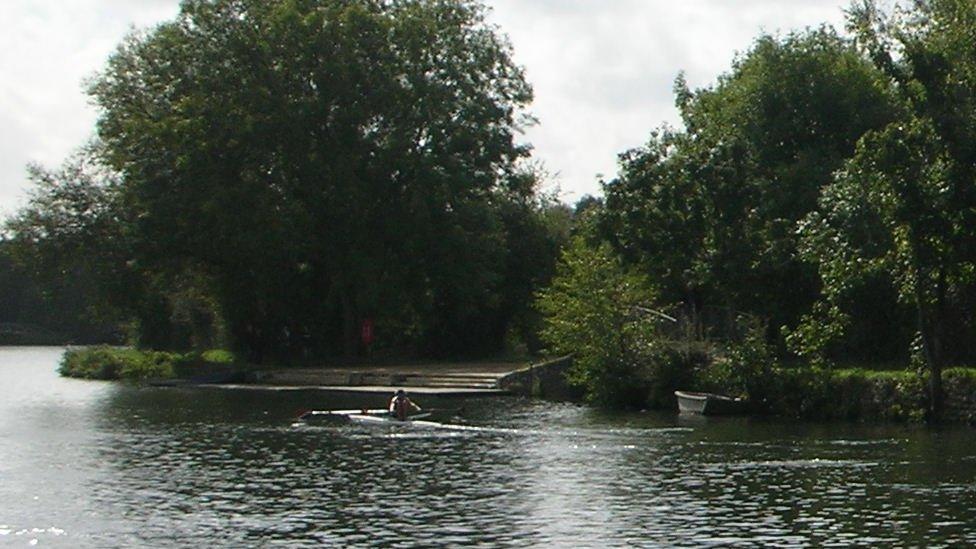
Inter-college races are held on the River Isis in Oxford
The Isis Beauty Academy in Walton-on-Thames, Surrey, was named by owner Carolyne Cross after the ancient goddess of rebirth.
As the so-called Islamic State became more prominent, life got difficult for the beauty school.
"We'd have people ringing up, saying 'why do you call yourself that, are you a terrorist group training students?'
"So we had to have a long think, and as bookings were dropping and so were student numbers, we changed the name," Ms Cross says.
It's now the Omni Academy of Beauty.

Who are IS and what do they want?
IS is a group based in the Middle East, mainly in Iraq and Syria, who have extreme religious beliefs
In June 2014, the group formally declared the establishment of a "caliphate" - a state governed in accordance with Islamic law, or Sharia, by God's deputy on Earth, or caliph
It has demanded that Muslims across the world swear allegiance to its leader and migrate to territory under its control
IS seeks to eradicate obstacles to restoring God's rule on Earth and to defend the Muslim community, or umma, against infidels and apostates
The group holds that the rest of the world is made up of unbelievers who seek to destroy Islam, justifying attacks against other Muslims and non-Muslims alike
Beheadings, crucifixions and mass shootings have been used to terrorise its enemies. IS members have justified such atrocities by citing the Koran and Hadith, but Muslims have denounced them
The term "Daesh" (or Da'ish) to describe the group has gained currency, and has been used as a way of challenging the legitimacy of the group. It's essentially an acronym formed from the initial letters of the group's previous name in Arabic - "al-Dawla al-Islamiya fil Iraq wa al-Sham". Although it does not mean anything as a word, it sounds unpleasant and the group's supporters object to its use

- Published26 May 2016
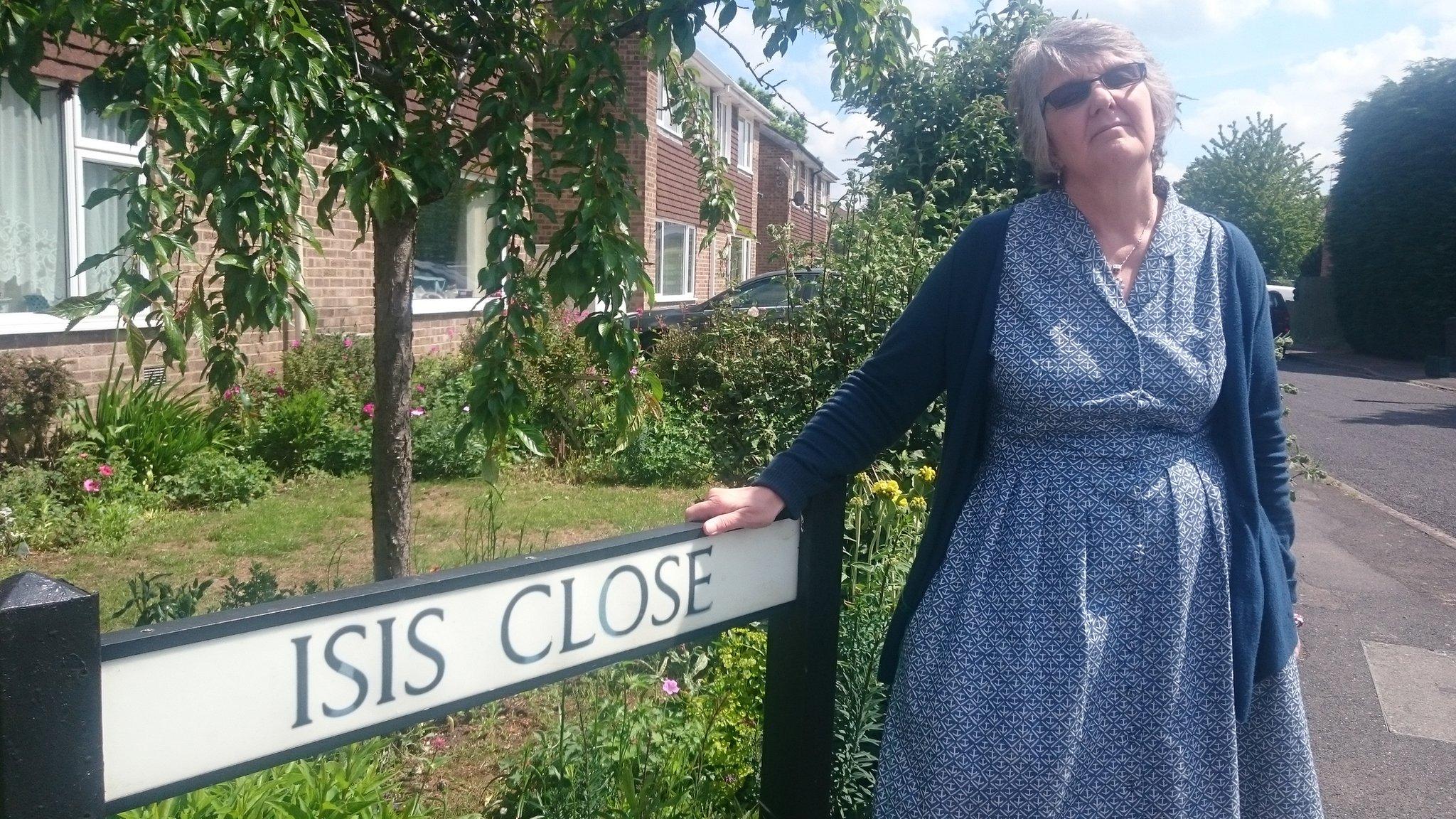
- Published20 April 2015
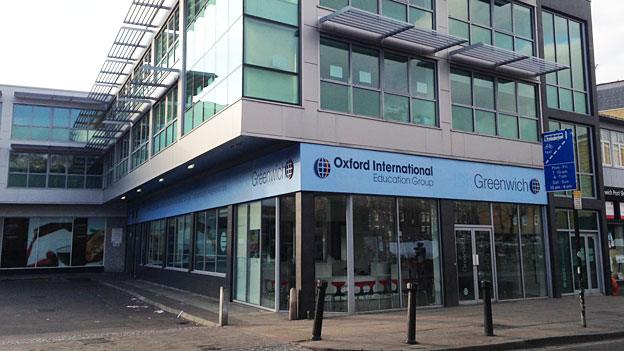
- Published18 September 2014
